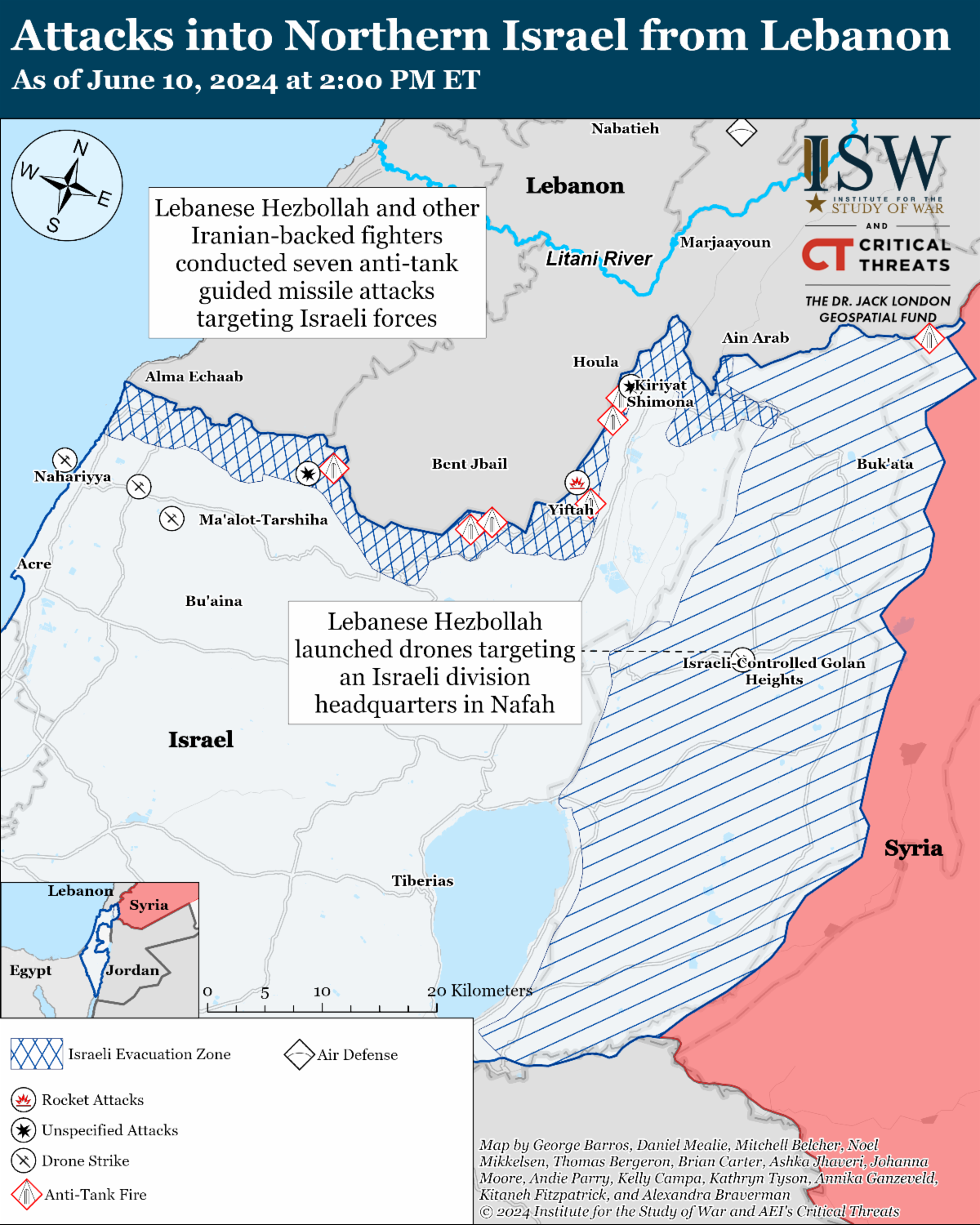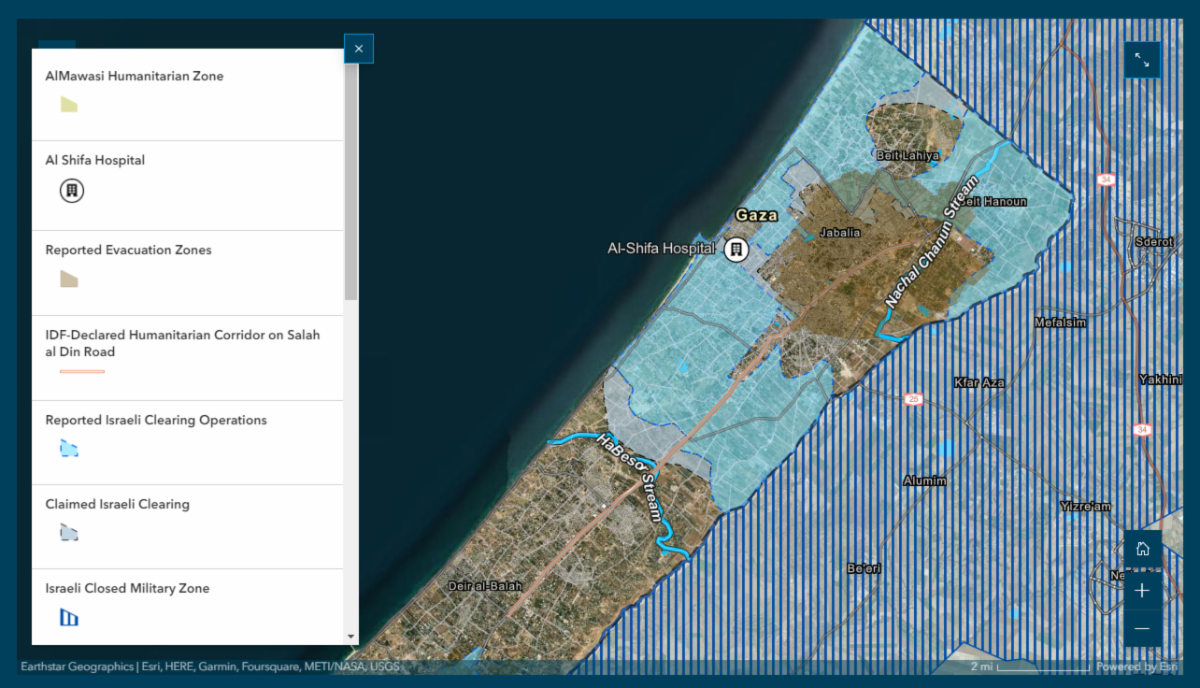The Iranian Guardian Council approved a pool of six candidates that included mostly hardliners for the upcoming 2024 presidential election. The six approved candidates include five hardliners and one reformist on June 9 for the upcoming presidential election. The Iranian regime likely approved the sole reformist candidate to feign political diversity and therefore increase voter participation. Iranian officials have emphasized the need for “competitive” and “participatory” elections. Iran recorded record low voter turnout in its March 2024 parliamentary election, though the real voter turnout was likely even lower than the officially recorded turnout.
The candidacy of five Iranian hardliners risks an electoral challenge for the hardline camp, wherein the hardline votes could be split among the five candidates. The hardline camp may split its votes amongst the five hardline candidates, which would benefit the sole reformist candidate. It is likely that some hardline candidates will withdraw from the election to prevent the vote from splitting. The moderate-reformist camp, by comparison, appears relatively united. Reform Front Spokesperson Javad Emam stated on June 8 that reformist politicians would not participate in the upcoming presidential election unless one of their candidates—including Masoud Pezeshkian—was approved. Multiple elements of the reformist camp expressed support for reformist candidate Masoud Pezeshkian on June 10.
The Guardian Council did not approve the candidacy of some high-profile politicians, including former Parliament Speaker Ali Larijani and adviser to the supreme leader Vahid Haghanian. The disqualification of Larijani illustrates the increased isolation of the once-prominent Larijani family from the regime. The Guardian Council also disqualified a close aide to supreme leader, Vahid Haghanian. The disqualification of Haghanian illustrates that the regime is going as far as to reject elements of its own government that it has trusted for decades. These disqualifications emphasize the regime’s commitment to engineering who will be the next president by limiting the pool of approved candidates.
Key Takeaways:
- Iranian Presidential Elections: The Iranian Guardian Council approved six candidates including one reformist and five hardliners for the upcoming 2024 presidential election. The participation of five hardliners risks splitting the hardline vote, though some hardliners will probably withdraw from the election to prevent splitting the vote. The Guardian Council did not approve some top politicians, including former Parliament Speaker Ali Larijani.
- Iran: Iranian Parliament Speaker Mohammad Bagher Ghalibaf’s advisers have spoken to Western diplomats in recent weeks, possibly to set conditions for the resumption of nuclear negotiations if he becomes president.
- Iraq: An Iranian-backed Iraqi militia warned on June 8 that it will resume attacks targeting US forces if US forces do not leave Iraq. Unspecified Iranian-backed militias in Iraq reportedly plan to renew attacks if the Iraqi prime minister does not set a deadline for a full US military withdrawal by May 15.
- Lebanon: An Israeli Army Radio correspondent highlighted some of the challenges that Israeli forces face intercepting drones targeting northern Israel in an X (Twitter) post on June 10. These challenges are particularly salient given the increased risk of a major war between Israel and Hezbollah in northern Israel. Hezbollah would likely use the lessons it is learning in its attacks on Israel to penetrate Israeli air defenses and strike critical infrastructure and civilian areas, including Haifa port.
- Ceasefire Negotiations: The United States is reportedly considering bilateral hostage talks with Hamas to free Americans from the Gaza Strip.
- Gaza Strip: Hamas leader in the Gaza Strip Yahya Sinwar is likely hiding in a “vast” tunnel system beneath Khan Younis, according to unspecified US officials speaking to the New York Times.
| 






 [ISW] 이스라엘-하마스 전쟁(이란) 업데이트, 2024년 7월 3일
[ISW] 이스라엘-하마스 전쟁(이란) 업데이트, 2024년 7월 3일
 [ISW] 이스라엘-하마스 전쟁(이란) 업데이트, 2024년 6월 6일
[ISW] 이스라엘-하마스 전쟁(이란) 업데이트, 2024년 6월 6일